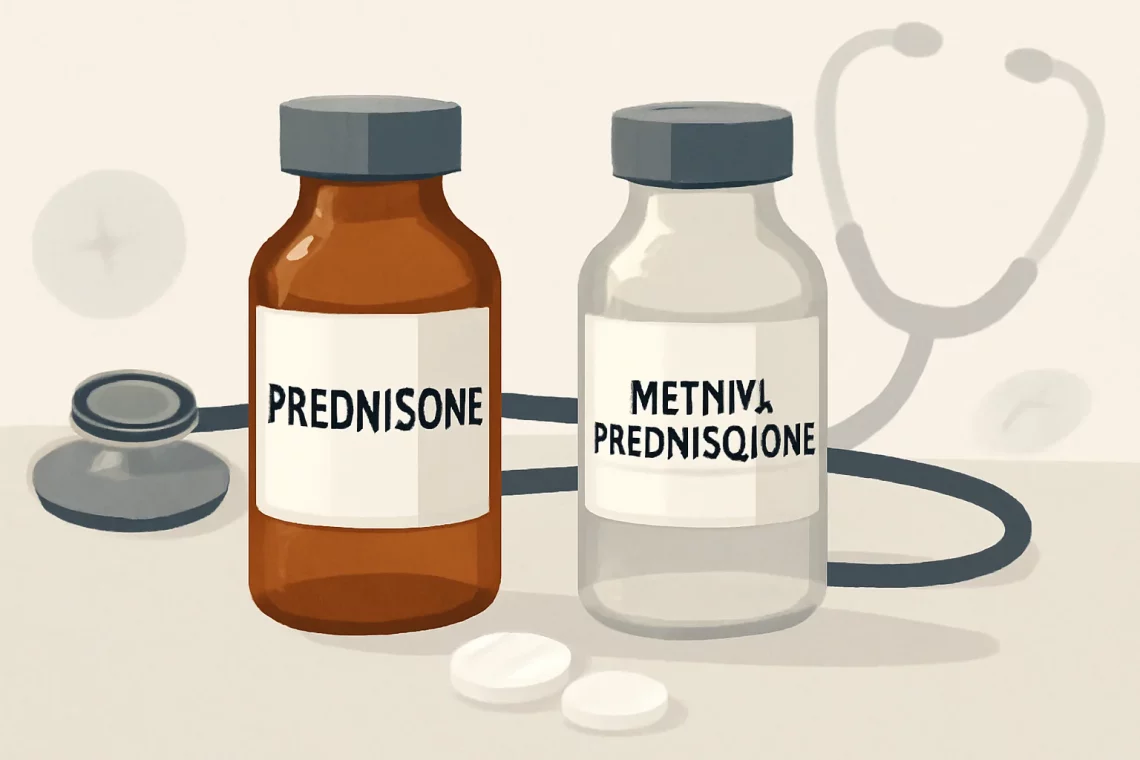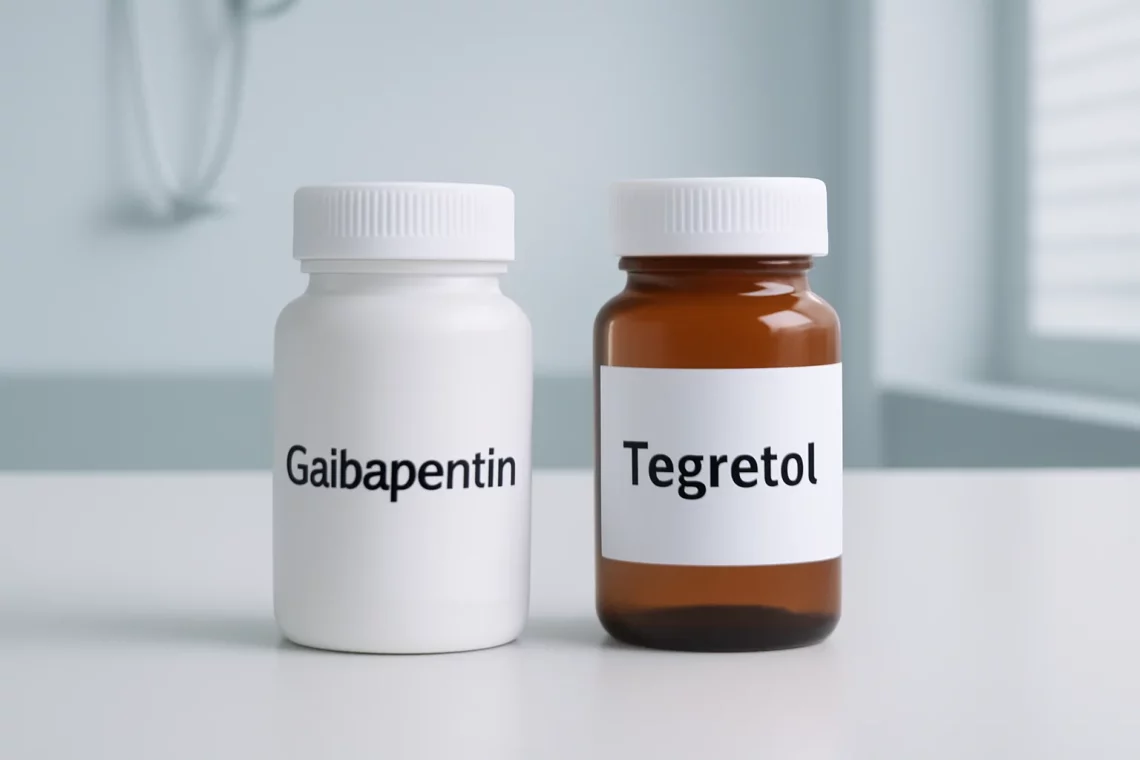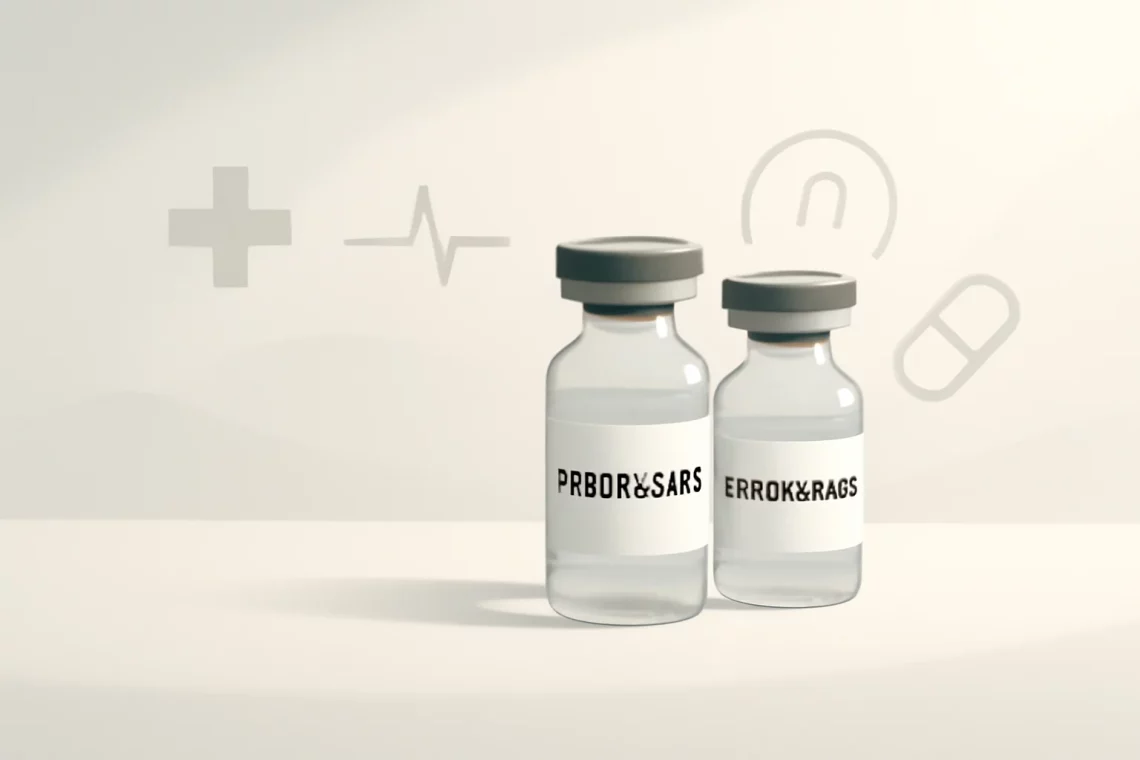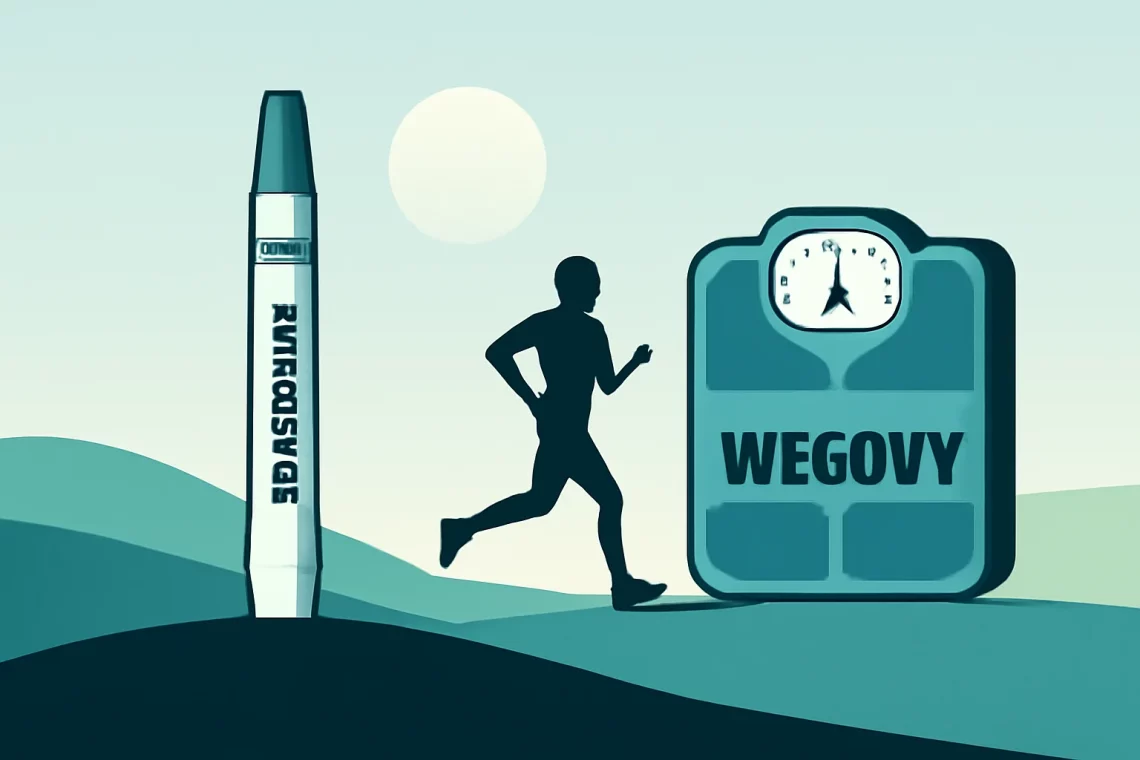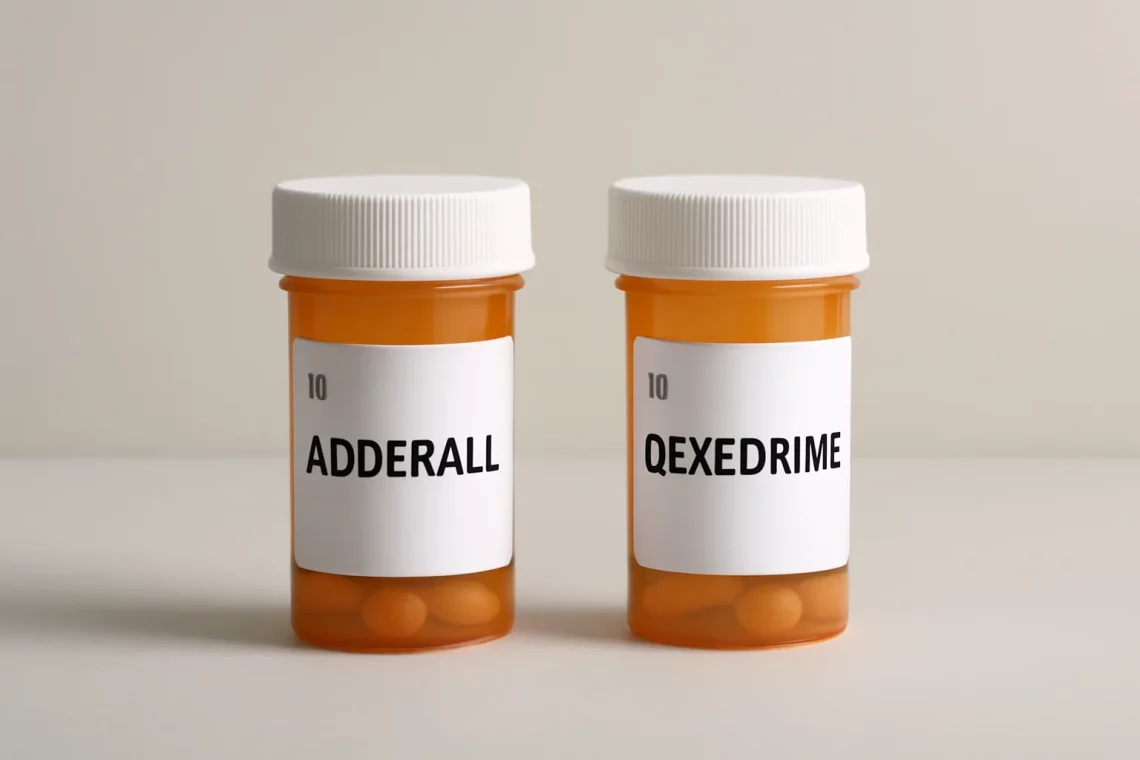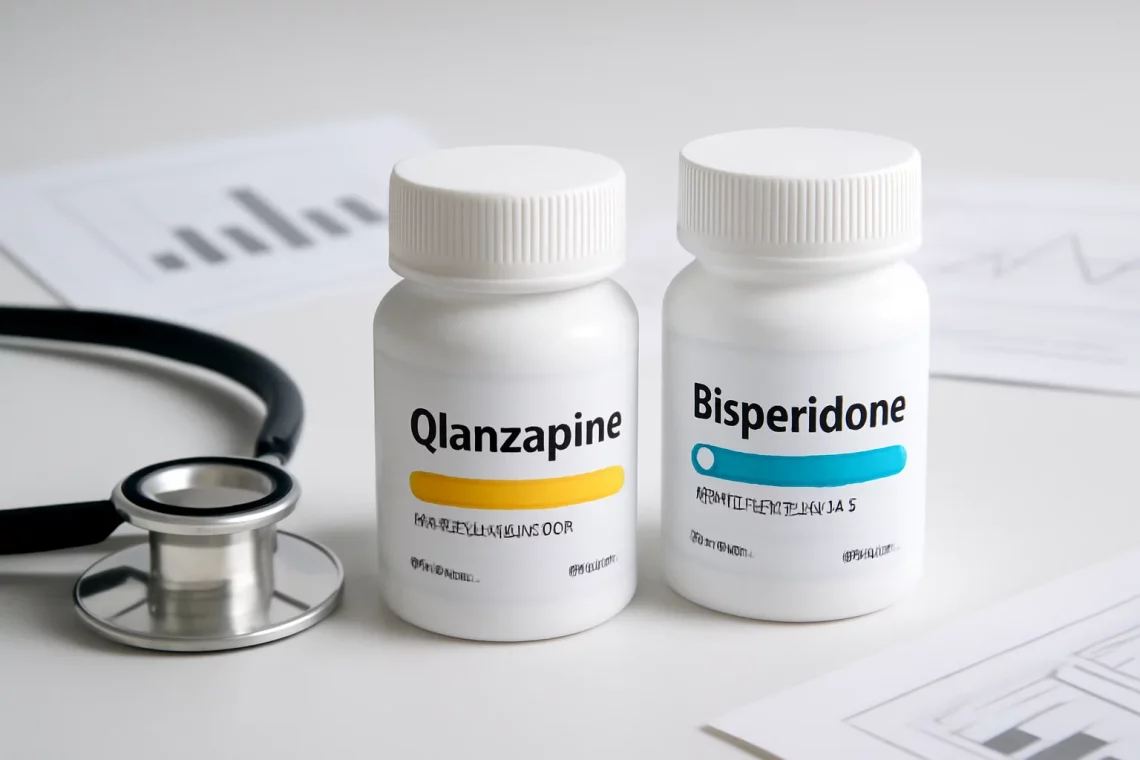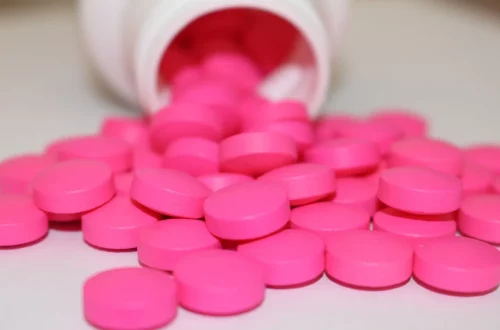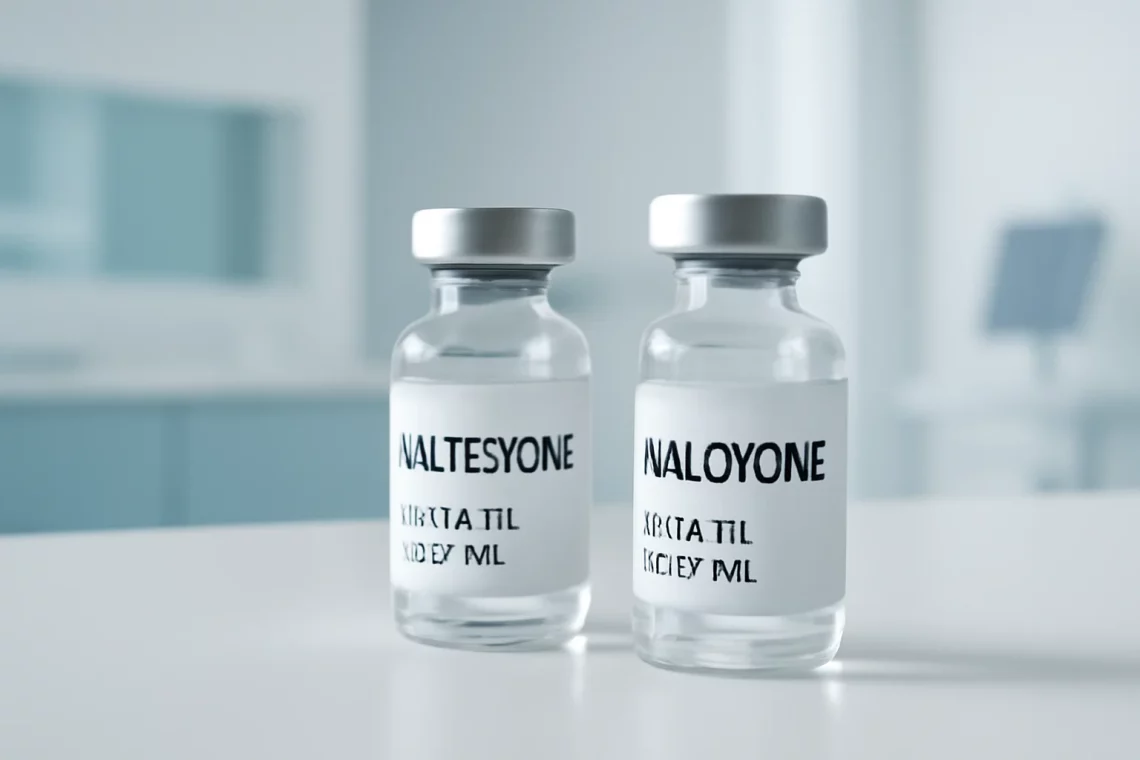-
Prednisone vs Methylprednisolone: Which Steroid Should You Choose?
Prednisone and methylprednisolone are both synthetic corticosteroids widely used in the medical field to treat a variety of conditions, ranging from inflammatory diseases to certain types of cancer. These medications are known for their ability to reduce inflammation and suppress the immune system, making them valuable tools in managing a range of health issues. Patients and healthcare providers often face the decision of choosing between these two medications, as each has its own unique properties, benefits, and potential side effects. The choice may depend on the specific health condition being treated, as well as individual patient factors such as age, overall health, and any other medications being taken. The use…
-
Gabapentin vs Tegretol: Key Differences and Uses Explained
Gabapentin and Tegretol are two medications commonly used in the management of neurological and psychiatric conditions. While both drugs serve important roles in treating various disorders, they belong to different classes of medications and function through distinct mechanisms. Gabapentin, often prescribed for its anticonvulsant properties, is primarily used to treat conditions like epilepsy and neuropathic pain. On the other hand, Tegretol, known generically as carbamazepine, is also an anticonvulsant but has a broader range of applications, including the treatment of bipolar disorder and certain types of nerve pain. The choice between Gabapentin and Tegretol can significantly impact patient outcomes, as each medication carries its own set of benefits and potential…
-
Prednisone vs Triamcinolone: Key Differences and Uses Explained
Prednisone and triamcinolone are both corticosteroids, widely used in the medical field to treat a variety of health conditions. These medications are synthetic derivatives of natural hormones produced by the adrenal glands, primarily responsible for regulating inflammation and immune responses in the body. While they share a common purpose in alleviating symptoms associated with inflammatory and autoimmune disorders, their specific applications, mechanisms of action, and side effects can differ significantly. The importance of understanding the differences between these two medications lies in their varying effectiveness for particular conditions, as well as their distinct side effect profiles. Patients and healthcare providers alike must navigate these differences to determine the most appropriate…
-
Ativan vs Seroquel: Comparing Uses, Benefits, and Side Effects
Ativan and Seroquel are two medications frequently prescribed for mental health conditions, each with distinct mechanisms of action and indications. Understanding the nuances of these drugs can be crucial for patients and healthcare providers alike. While both medications are utilized in the treatment of anxiety and mood disorders, they belong to different classes and have varying side effects, benefits, and risks. Ativan, generically known as lorazepam, is a benzodiazepine that primarily acts as an anxiolytic, providing rapid relief from anxiety symptoms. Seroquel, or quetiapine, is an atypical antipsychotic primarily used to manage conditions like schizophrenia and bipolar disorder. The differences in their pharmacological profiles can greatly influence treatment outcomes and…
-
Zepbound vs Wegovy: A Comprehensive Comparison of Weight Loss Solutions
Obesity has become a significant public health concern globally, leading to a surge in demand for effective weight management solutions. As the quest for innovative treatments continues, two medications have gained attention: Zepbound and Wegovy. Both are designed to assist individuals in their weight-loss journeys, but they operate through different mechanisms and may offer varying benefits to users. As more people seek ways to manage their weight healthily, understanding these medications is essential. The rise of obesity-related health issues, such as diabetes, heart disease, and hypertension, has prompted researchers and pharmaceutical companies to explore new avenues for treatment. Zepbound and Wegovy are among the latest entries in the weight management…
-
Adderall vs Dexedrine: Key Differences and Similarities Explained
Adderall and Dexedrine are two widely recognized medications primarily used to treat Attention Deficit Hyperactivity Disorder (ADHD) and narcolepsy. Both drugs belong to a class of medications known as stimulants, which work by increasing the levels of certain neurotransmitters in the brain, particularly dopamine and norepinephrine. This enhancement leads to improved focus, attention, and impulse control, making these medications effective for individuals struggling with these conditions. Despite their similar uses, Adderall and Dexedrine have distinct differences in their formulations, active ingredients, and how they affect individuals. Understanding these differences is crucial for patients, caregivers, and healthcare providers when considering treatment options. With the rise in ADHD diagnoses and the increasing…
-
Olanzapine or Risperidone: Which Antipsychotic is Right for You?
Olanzapine and risperidone are two widely used atypical antipsychotic medications that have transformed the landscape of mental health treatment. As mental health awareness increases, many individuals find themselves seeking information on these medications, particularly when faced with conditions such as schizophrenia, bipolar disorder, or severe depression. Understanding the differences, benefits, and potential side effects of these drugs is crucial for both patients and healthcare providers. In recent years, the conversation surrounding mental health has evolved significantly, with an emphasis on tailoring treatment to individual needs. This has led to a growing interest in atypical antipsychotics, like olanzapine and risperidone, which are often preferred for their efficacy and generally favorable side…
-
Adderall vs Focalin: Choosing the Right ADHD Medication for You
Adderall and Focalin are two widely recognized medications primarily used in the treatment of Attention Deficit Hyperactivity Disorder (ADHD). Both medications are classified as central nervous system stimulants, and they function by affecting certain neurotransmitters in the brain, which play a crucial role in attention, focus, and impulse control. While they share a common purpose, the way they exert their effects, their chemical compositions, and their side effect profiles can differ significantly. In the realm of ADHD treatment, understanding the nuances between these two medications can be essential for patients and healthcare providers alike. Factors such as dosage forms, duration of action, and individual patient response can heavily influence the…
-
Lantus vs Toujeo: Which Insulin is Right for You?
Managing diabetes effectively involves understanding the various insulin options available to patients. Among the most commonly prescribed long-acting insulins are Lantus and Toujeo, both of which are designed to help individuals maintain optimal blood sugar levels throughout the day and night. These two medications, while similar in their fundamental purpose, have distinct characteristics that may influence a patient’s choice depending on their specific needs, lifestyle, and diabetes management goals. Lantus, also known as insulin glargine, has been a staple in diabetes care for many years, providing patients with a reliable option for managing their condition. On the other hand, Toujeo, which is a more concentrated formulation of insulin glargine, offers…
-
Naltrexone vs Naloxone: Understanding Their Differences and Uses
Naltrexone and naloxone are two medications that often come up in discussions surrounding addiction treatment and opioid overdose response. Both drugs belong to the class of opioid receptor antagonists, which means they work by blocking the effects of opioids in the brain. While they share some similarities, their uses, mechanisms, and effects differ significantly. Understanding the distinctions between naltrexone and naloxone is crucial for healthcare professionals, patients, and families affected by substance use disorders. The opioid epidemic has made the need for effective treatment options and emergency responses more urgent than ever. As communities strive to combat addiction and reduce the number of opioid-related deaths, these two medications play vital…
